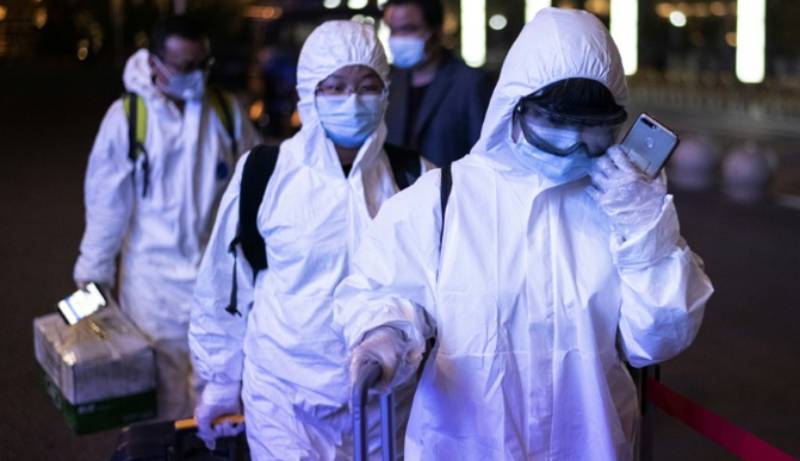×
The Standard e-Paper
Fearless, Trusted News

The coronavirus continues to wreak havoc in the United States, which has recorded nearly 2,000 additional deaths in the past 24 hours, worst daily toll in the world since the start of the pandemic, part of the Chinese city of Wuhan, where life slowly regains its rights.
With this record increase, the world's leading power is closer to the two most bereaved countries so far, Italy and Spain.